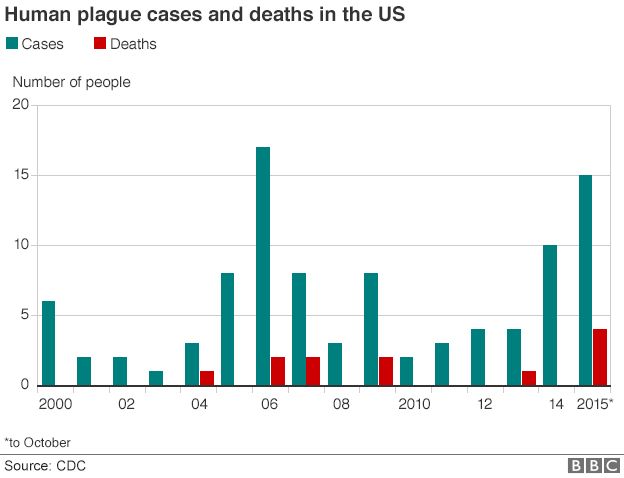http://pubs.acs.org/doi/abs/10.1021/acs ... ode=jprobs&
Discovery of Novel Antimicrobial Peptides from Varanus komodoensis (Komodo Dragon) by Large-Scale Analyses and De-Novo-Assisted Sequencing Using Electron-Transfer Dissociation Mass Spectrometry
Discovery of Novel Antimicrobial Peptides from Varanus komodoensis (Komodo Dragon) by Large-Scale Analyses and De-Novo-Assisted Sequencing Using Electron-Transfer Dissociation Mass Spectrometry
Diseases need somehow to transmit by touch or by air, and that isn't going to change. Hence that there will be allways diseases that we cannot resist, that go to the pandemic level, is a bit off... Fighting a possible pandemic isn't just the case that you have to have an antidote.C-Mag wrote: History tells us that the world has a way to create deadly diseases that are highly resistant to a civilizations ability to treat those diseases with their current tools and methods.
And how are we incapable of reacting quickly enough to stop it?C-Mag wrote:In 1919 the best science of the day could not treat the masses quick enough, and even if they had, they may have gotten it wrong.
http://www.medicalnewstoday.com/articles/276060.php
It is likely we can run into a new disease that we are incapable of reacting quickly enough to stop. And with population densities in so many urban jungles and long geographic travel corridors the right disease could affect and kill before you could get to an overloaded hospital.



Even less funding is their for vaccines.de officiis wrote:Drug companies don't fund a lot of research for antibiotics because they aren't a big revenue source.

Sure, I wouldn't argue against that. But it's foolhardy to think that you have diseases under control and there won't be another major pandemic with a high death rate. So, if you and your GOP friends want to get rid of the CDC, go ahead. I'll keep the CDC active because new diseases pop up and/or all the time.ssu wrote: And how are we incapable of reacting quickly enough to stop it?
Let's not forget just when the last plague epidemic happened in the US. The year was 1924 and 1925. And still there are cases of it.

The real danger is if the CSC and officials are too good and leaders in their utter stupidity then cut funding... because there hasn't been any pandemic! How do you reason costly expenditure for something that hasn't happened?C-Mag wrote: Sure, I wouldn't argue against that. But it's foolhardy to think that you have diseases under control and there won't be another major pandemic with a high death rate. So, if you and your GOP friends want to get rid of the CDC, go ahead. I'll keep the CDC active because new diseases pop up and/or all the time.


I'm not convinced by your vaccine analysis.ssu wrote:Even less funding is their for vaccines.de officiis wrote:Drug companies don't fund a lot of research for antibiotics because they aren't a big revenue source.
What is more profitable to the companies?
Having...
a) infected people eating medicine for the rest of their lives or providing other costly medical treatment.
b) a cheap vaccine shot once in your lifetime (usually at childhood) that takes care of goddam disease.
Once an antigen is found, it takes a decade or so before you have vaccinations given to people. So for a medical Company, making a vaccine is a long and risky endeavour.
Dand,Dand wrote:I'm not convinced by your vaccine analysis.
Vaccines can be forced on nearly the entire population so the company is going to have a constant and predictable flow of "customers". Not everyone will catch a given disease but almost everyone can be coerced into receiving a vaccination. Vaccines also have legal advantages over treatment because in the US there is no legal recourse for the recipients, even if there is a complication. You cannot sue a vaccine manufacturer
Children today receive more vaccines than ever before. That is clear evidence that the drug companies are still making and selling vaccines and we're far from a crisis of "not enough vaccines".

See hereIn 2002, the average price of the fifty drugs most used by senior citizens was nearly $1,500 for a year's supply. - From 1960 to 1980, prescription drug sales were fairly static as a percent of US gross domestic product, but from 1980 to 2000, they tripled. They now stand at more than $200 billion a year. - Perhaps the most quoted source of statistics on the pharmaceutical industry, IMS Health, estimated total worldwide sales for prescription drugs to be about $400 billion in 2002. About half were in the United States. So the $200 billion colossus is really a $400 billion megacolossus.